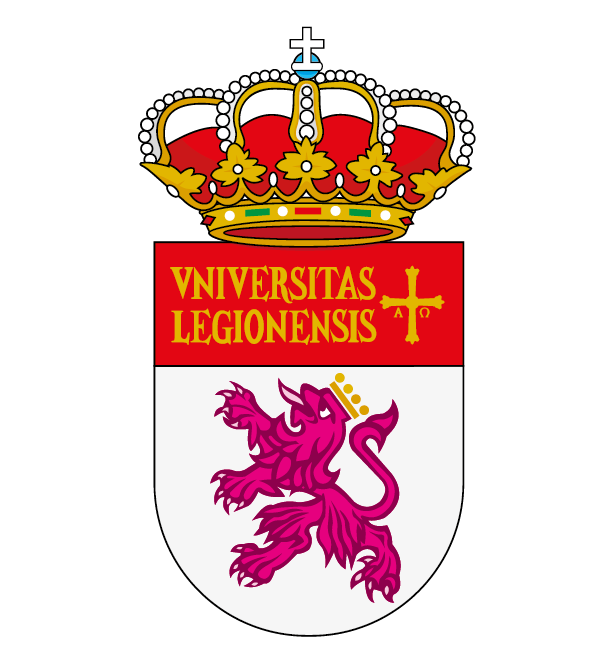Capítulo de libro
Publication Types:
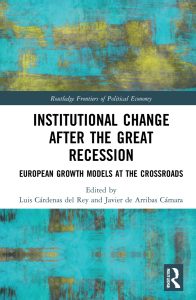
This Time was Different. The Crisis that Went Past Sweden
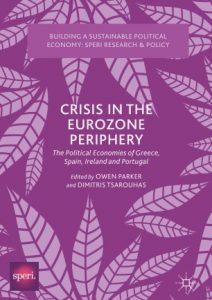
The Spanish Economic ‘Miracle’ That Never Was
Abstract
The expansive phase experienced by the Spanish economy had long been praised, described in the early 2000s as an ‘economic miracle’. However, the crisis that struck in the late 2000s would become the deepest that the country had endured since at least the 1970s, leading to the general conclusion that its prior success had been a mirage rather than miracle. Using a political economy approach, this chapter identifies and analyses the factors that allow us to understand the Spanish model, including the role played by Spain in the European division of labour; the institutional framework of the domestic economy; and the key agents that have been central to the configuration of the whole model. Finally, it considers the distributive effects and consequences of the model.
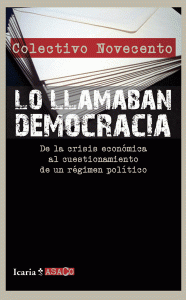
Quién paga la factura: regresión salarial y desigualdad
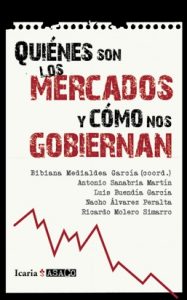
¿Cómo una crisis financiera en Estados Unidos llegó a convertirse en una grave crisis económica y financiera mundial?

